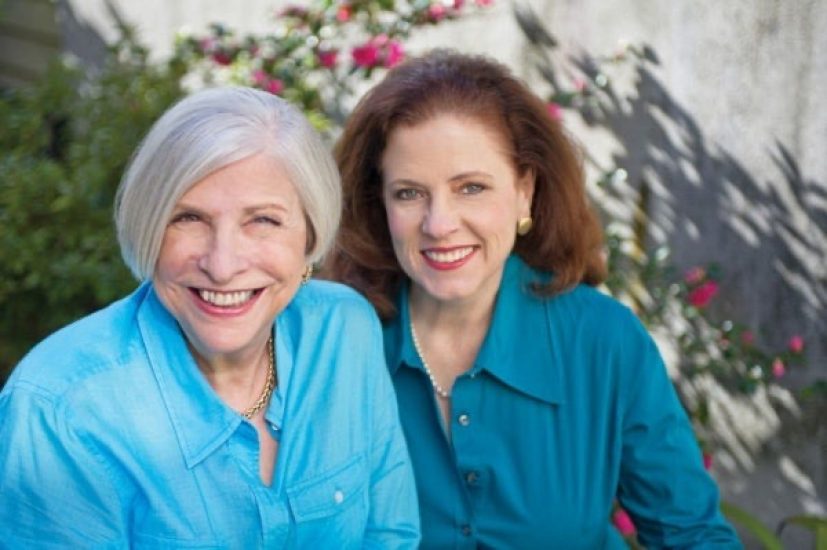Nathalie Dupree and Cynthia Stevens Graubart Dish on 30 Years of Favorite Stories & Recipes
As part of her 80th birthday celebration this fall, Nathalie Dupree, dubbed “The Queen of Southern Cuisine” by Southern Living, has compiled “Nathalie Dupree’s Favorite Stories & Recipes,” a wonderful new collection of remembrances from her culinary career.
From her days teaching thousands of Atlantans to cook at the iconic Rich’s department store cooking school she founded in 1975 (her students included Pat Conroy) to a series of popular Georgia Public Broadcasting produced cooking shows (her cooking staff included Virginia Willis) and writing columns for the Atlanta Journal-Constitution and Atlanta magazine, Dupree and longtime co-author Cynthia Graubart have assembled her favorite recipes from a lifetime of cooking — and eating.
For those of us who follow Dupree on social media, “Favorite Stories & Recipes” feels a bit like a companion volume to her witty and wry Facebook dispatches that detail how she and her author husband Jack Bass feed themselves daily in their Charleston, S.C. kitchen, both the lavish meals for company and the simple ordinary dishes prepared for two. Essentially, the volume, brimming with her favorite dishes, could have been titled “Nathalie Dupree’s Greatest Hits” — asparagus salad, lemon-lime pot roast with tomatoes and garlic (in one anecdote, Dupree recalls accidentally spilling the acidic pot roast on the floor of the TV studio and later discovering it had removed the finish from the floor), a classic caramel cake, a golden Vidalia Onion tart with olives and rosemary, her now-classic two-ingredient cream biscuits and, of course, a shrimp and grits recipe that’s perfect for breakfast.

In addition to Dupree’s ever-present reassuring guiding voice, she also regales readers with poignant, fascinating and often laugh out loud funny stories from her life and career. From risking life and limb as a girl catching pigeons high atop a railroad trestle with her colorful Uncle Ray to her memories of savoring the smells of a day-long roast of beef her grandmother, a staunch Republican, prepared to eat as sandwiches while watching the 1952 Republican National Convention on TV, Dupree dishes up a buffet of heartfelt and often hilarious stories for readers to greedily gobble up. There’s also recipes and stories about the Rome, Italy wedding feast Dupree assembled with help from friend and “Prince of Tides” writer Pat Conroy to celebrate the nuptials of her TV producer and future co-author Cynthia Stevens when she married their pal, Atlanta’s Old New York Book Shop owner Cliff Graubart (Nathalie had played matchmaker for the pair).
Back in 1986, Stevens was shooting a documentary at the Carter Center when the director on the project told her that Dupree was looking for a producer for her first foray into hosting a public television cooking show. Stevens was hesitant, given her limited cooking skills and knowledge about food. But the two agreed to meet and ended up forging a now 33-year partnership that has spawned multiple TV shows and books, including the massive 720-page James Beard Award winning masterpiece “Mastering the Art of Southern Cooking.”
Despite a culinary calendar chock full of book signings and cooking demonstrations, Dupree, sitting at a table at Lenwich Deli in New York while meeting up with high school pals for a reunion and Graubart in Atlanta, graciously agreed to hop on a call together to discuss their latest collaboration and their 30-year professional partnership and friendship.
Eldredge: I’ve known you both for years and yet I’ve never heard the story of how you two met. Cynthia, was it a matter of GPB having the talent and needing a producer to partner her with?
Graubart: Nathalie had a funder and was looking for a producer. I was a freelance independent producer, who was shooting a documentary for the Carter Center at the time. A director who was working for me had heard Nathalie was looking for a producer and said, ‘You’d be really good at that.’ I was up to my eyeballs in that project. I didn’t know if I would have time. But I reached out and Nathalie said, ‘Let’s meet.’ When we met up I told her, ‘I don’t know anything about food. I’ve never produced a cooking show but what I do know is the fork, the spoon and the steak are all props that need to be in the right place at the right time. What I know how to do is orchestrate.’ I didn’t see them as any different in terms of production.
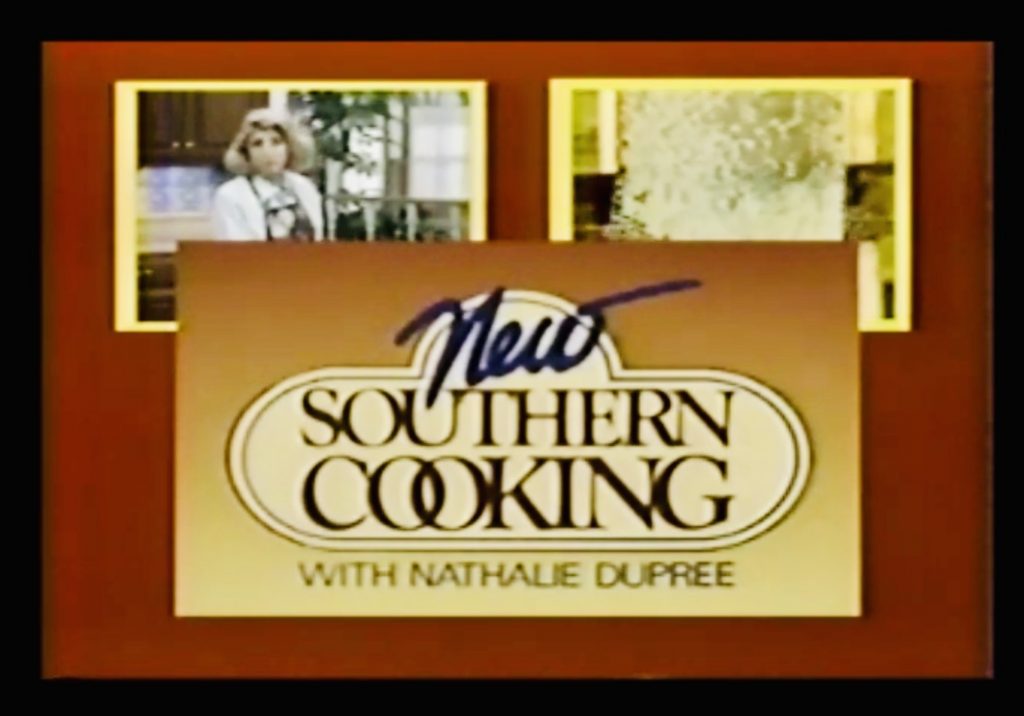
Dupree: Well, I had no idea I was getting such a noodge when Cynthia signed on. (Graubart laughs). She’s a total perfectionist. I ended up taking it quite well because I knew she knew better than I did about these things. That level of organization came in handy since we did so many on location shots in the [“New Southern Cooking”] series. We went down to the shrimp boats and we went to pick blueberries. The then-Georgia Agriculture Commissioner [Tommy Irvin] loaned us his plane and we would fly to Cordele and fill the plane full of watermelons and cantaloupes and bring it back. We went all over, enough to become silver medallion frequent flier members! We ended up doing over 60 location shoots and Cynthia had to coordinate getting us there, getting the crew there, and getting the right equipment. She had to figure out how to light a salt mine and how shoot a beekeeper with his bees while keeping everyone adequately protected. That wasn’t altogether successful. The cameraman ended up running away. She had to organize all of that. I learned I had to do what she told me. Cynthia has an ability I don’t have. She can see what could possibly go wrong and make sure it doesn’t. The only time Cynthia ever followed my lead was the time I told her we had enough time to get our shoes polished at the airport and we missed our plane.
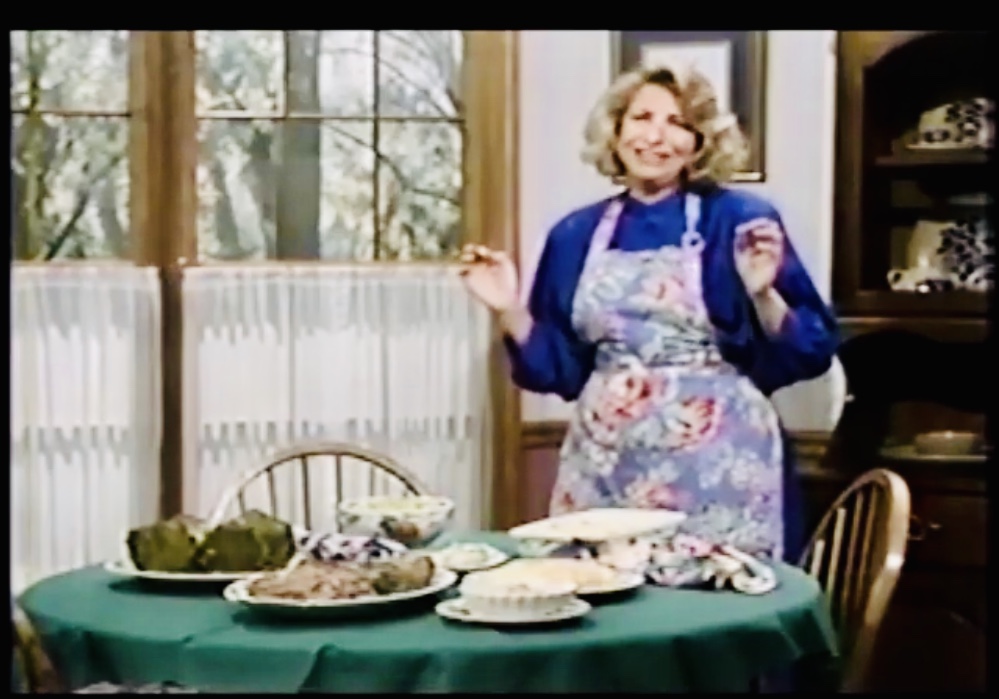
Graubart: I never trusted her again after that! (laughs).
Nathalie: That was 30 years ago but she remembers it like it was just days ago!
Graubart: To this day, I can’t look at a shoe shine station without thinking about that!
Nathalie: You know Cynthia is a nice person or I wouldn’t have introduced her to Cliff [Graubart], one of my best friends.
Eldredge: Julia Child was my first TV cooking teacher and I loved watching her but I always say that Nathalie Dupree’s shows and books got me started in the kitchen. When I was a young guy just figuring out knife technique and the basics, unless Julia was making eggs or potato soup, her recipes often felt overwhelming. But you were making recipes that were accessible to me and all the while you were grating your knuckles on the cheese grater and getting things buried under ingredients on set. It felt like an extension of my kitchen. It was very relatable. Now, Food Network shows are so slickly produced, they edit out any mistakes.
Dupree: I don’t think many of the current shows really teach people to cook. And of course, that’s what I started out doing at the Rich’s Cooking School. I was just researching some scones recipes and many of them don’t actually tell you how to do it. It’s a bit like ‘mix it and carry on.’ And you’re left thinking, ‘What does that mean?’
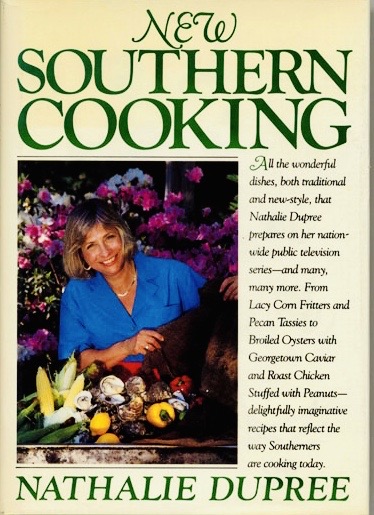
Graubart: We were very committed to doing doable recipes. One of the advantages to not being much of a cook, was my eyes were the viewer’s eyes. If I didn’t understand it, it needed to be further explained. We would hear from viewers constantly about how comforted they were. Watching Nathalie, they felt like they could carry on if they made a mistake. We’d tell them how to fix it. They loved that these were recipes they could make at home with ingredients from their local grocery store and not have to stop at a specialty store. These were our guiding principles. This is what Nathalie has always done.
Dupree: We would have maybe one menu in 10 that would be a little more expensive and one in 10 recipes that might be a little more complicated. And we would show every step of every recipe so there was no magic involved for the viewer. If we were baking bread, we would make five loaves — one would be just kneaded, one where it had risen for an hour, one where you could poke a finger in it, one where it was shaped and one that was baked so people could see every single step. We didn’t skip anything. If a recipe called for onion, I chopped the onion. People knew how long it would take. I remember when I went up to Food Network in the early days of the network, they told me, ‘Well, we’re not going to shoot the onion chopping.’ It was more about combining things, than teaching on camera. It was food assembly.
Graubart: Nathalie’s onion chopping is a lesson that has stayed with me. To this day, I’ll always chop an onion if I’m doing a cooking class or demonstration because otherwise, people end up chasing the onion around the cutting board. You always have to show people the steps, because there are always people who are just learning. It’s a lesson I got from Nathalie. It’s something that actually truly changes the way you feel about cooking. When you know how to chop an onion, you bring that confidence with you.
Dupree: Sometimes, I would make a mistake. I’d tear a pie crust and just make a mess of it. But I’d tell the viewer, ‘It’s OK. You can patch this.’ We also knew there were a lot of children and men watching us too, but allegedly our demographic was women who were homemakers in their 40s or whatever. We had so many men tuning in and we couldn’t convince anyone of it. But we knew because of the letters we were receiving.
Graubart: We would get stopped in the airport by men. They’d stop her and say, ‘Oh, Nathalie, I love your show!’ We learned that when men were away at conferences, when they got back to their hotel rooms, they were watching Nathalie.
Dupree: There are actually people named after me because as their mothers were giving birth, they were watching the show. They said watching me relaxed them! So, they’d name their baby after me. That would always tickle me. I just got an email yesterday from someone who used to watch the show, asking for a recipe. That’s how long these recipes have stayed in people’s minds.
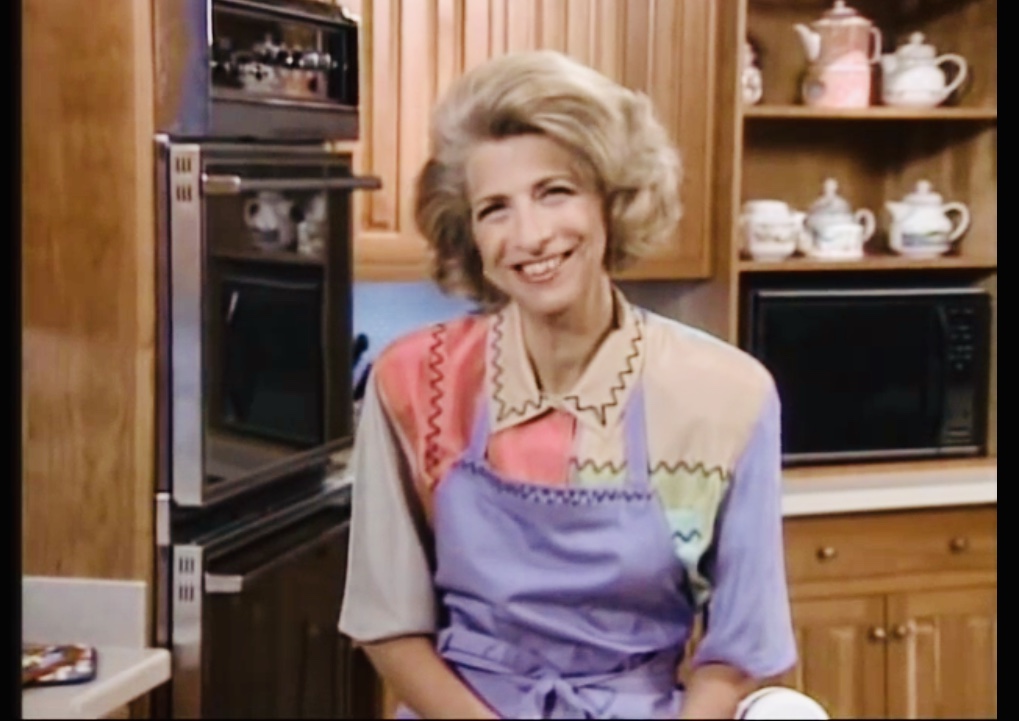
One other thing we made sure we did was to put the recipe up on the screen so people could write them down, which nobody does now. We worked live-to-tape, which meant we agreed we weren’t going to stop if I made a mistake. On occasion, we would need to go back for a pick-up shot, but by and large, we would tape half a show and then go to the location portion of the episode. I would regularly go live to tape for 12 to 15 minutes, where now they seem to break the shows after five minutes.
Graubart: Or even less. Back in the day, we were using two-inch videotape. We were shooting down where what was then Atlanta Area Tech [now Atlanta Technical College] and there were no grocery stores around. If we wanted to re-do something, we were out of luck trying to get more groceries.
Dupree: In those days on Stewart Avenue, the only things nearby were the rooms that rented by the hour. You couldn’t just go out and get something. You just had to know what you needed and you packed it up in the car and brought it to the studio.
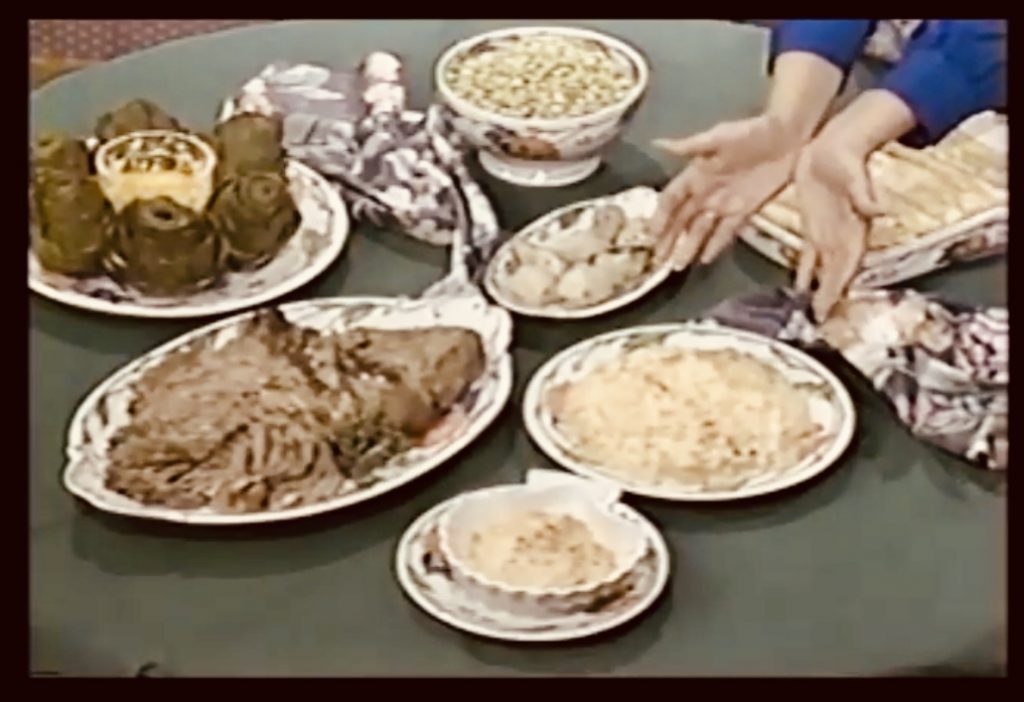
Eldredge: I’ve described your new book as “Nathalie Dupree’s Greatest Hits” from your lifetime of cooking. How did you put it all together?
Dupree: A lot of the stories I had originally run in the AJC when Dudley Clendinen was there [as assistant managing editor for Features]. He wanted me to write a column on food and relationships. I loved doing it. It was a bit like the Modern Love series the New York Times runs now. There were break ups and marriages. Cynthia’s marriage was in there. Stories about me and my unnamed beaus, and the situations that went on. I also wrote new stories for the book.
Eldredge: “Favorite Stores & Recipes” is like the “Portable Nathalie Dupree.” I love reading and cooking out of “Mastering the Art of Southern Cooking” but you can bench press that thing.
Dupree: Yes, the new book isn’t nearly as good for maintaining your upper arm strength!
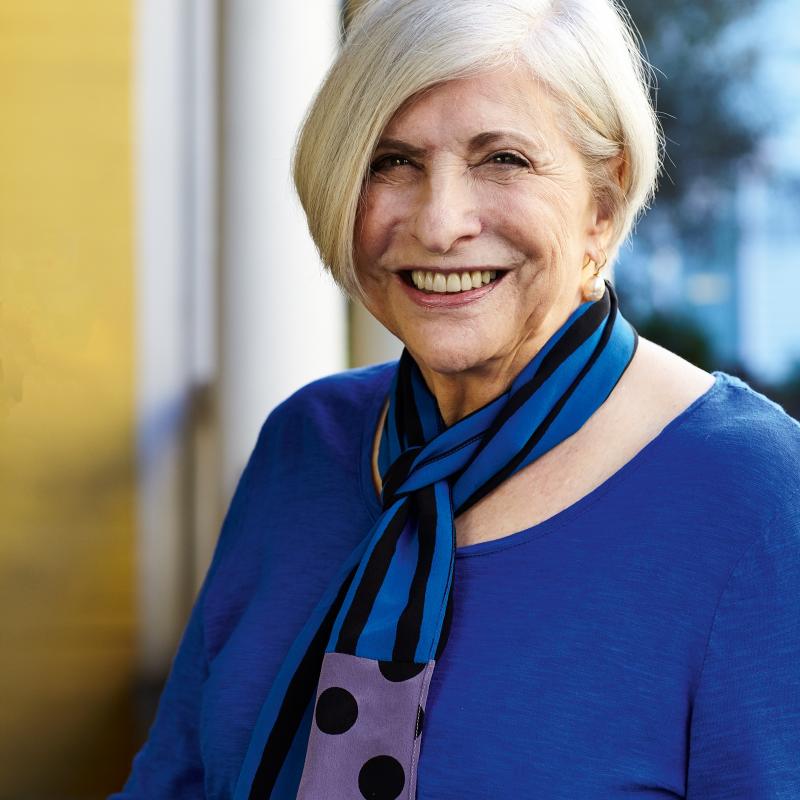
Eldredge: In advance of your milestone birthday on December 23, your friends threw a dinner in your honor at the James Beard House this fall, prepared by Cynthia and your “chickens,” the other women who have learned from you over the decades. What did that mean to you?
Dupree: It was so wonderful and so touching. I can’t tell you what it meant for me to have Cynthia, Virginia Willis, Anne Byrn, Kelly Litton and Rebecca Lang, getting it all organized and schlepping all the food up there and raising the money for it. It was a fabulous evening.
Eldredge: Three decades on and a multitude of TV shows and books later, what would each of you say is the secret to your successful working relationship and friendship?
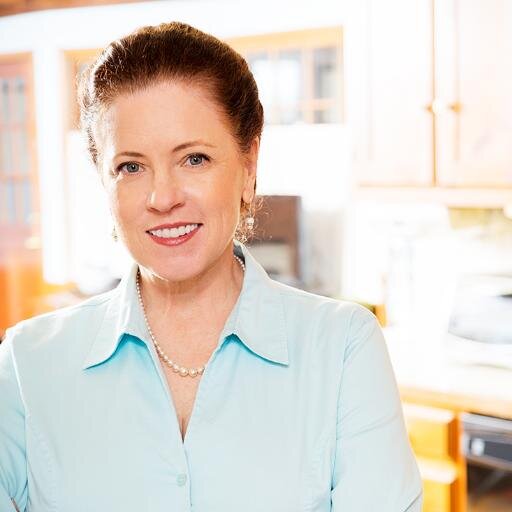
Graubart: It’s been such a rich and rewarding relationship. We’ve both grown and changed, experienced new things and yet we’re as close as ever. We have the kind of relationship where we can say things to each other that we might not say to anyone else on the planet. That is truly something unique because we have a working relationship as well as a deep friendship. It just works.
Nathalie: We make each other laugh. Our husbands like each other too, so that helps!
Nathalie and Cynthia will discuss their new book at An Evening With Nathalie Dupree and Cynthia Stevens Graubart and Nathalie Dupree’s Favorite Stories and Recipes at the Atlanta History Center on Dec. 3 at 7 p.m. Click here for tickets.
On Dec. 4, the duo will host a Cook The Book cooking class at The Cook’s Warehouse in Midtown from 6:30 to 9 p.m. Cost: $79. For more info, go to cookswarehouse.com.
Click here to read Nathalie and Cynthia’s Stress-Free Guide to Thanksgiving (or any holiday dinner you’re hosting!).

Richard L. Eldredge is the founder and editor in chief of Eldredge ATL. As a reporter for the Atlanta Journal-Constitution and Atlanta magazine, he has covered Atlanta since 1990.

